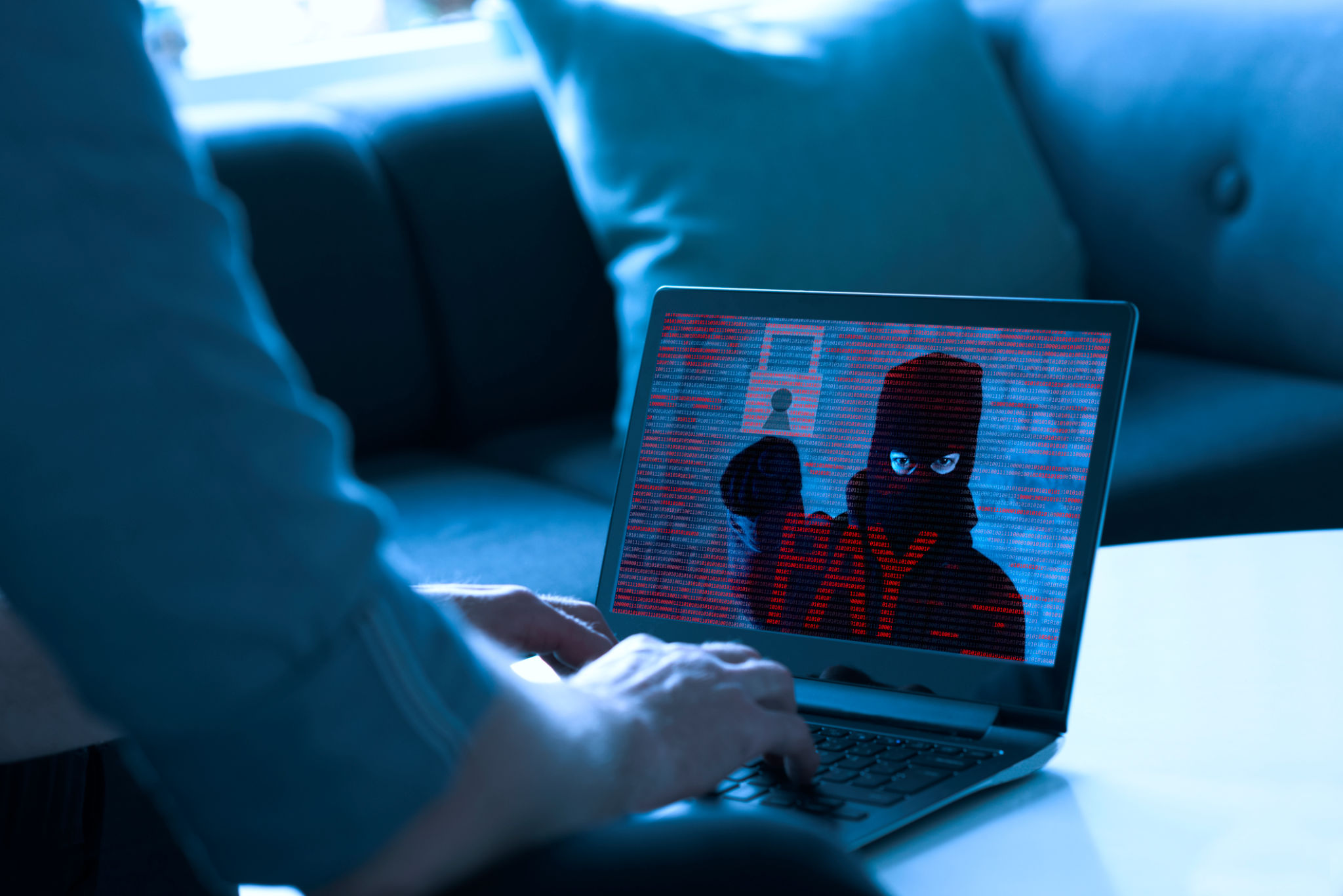Bitcoin Safety Tips USA: Protecting Your Investments
Understanding the Basics of Bitcoin Security
As Bitcoin continues to gain popularity, ensuring the safety of your cryptocurrency investments is more important than ever. Understanding the basics of Bitcoin security can help protect your assets from cyber threats. At its core, Bitcoin is a decentralized digital currency, which means it operates without a central authority. This decentralization offers both opportunities and challenges in terms of security.
To safeguard your Bitcoin, it is crucial to be aware of how transactions work on the blockchain, the public ledger that records all Bitcoin transactions. Understanding how this system works enables you to make informed decisions about how to store and manage your Bitcoin securely.

Choosing a Secure Wallet
One of the most critical steps in protecting your Bitcoin is choosing a secure wallet. Wallets are used to store, send, and receive Bitcoin. There are several types of wallets available, including hardware wallets, software wallets, and paper wallets. Each type has its own advantages and disadvantages.
Hardware wallets are physical devices that store your private keys offline, making them one of the most secure options. Software wallets, on the other hand, are applications that run on your computer or smartphone, providing convenience but requiring extra caution to avoid malware. Paper wallets involve printing your private keys on a piece of paper, offering a high level of security if stored properly.
Implementing Two-Factor Authentication
Two-factor authentication (2FA) adds an additional layer of security when accessing your Bitcoin wallet or accounts on exchanges. By requiring two forms of identification—such as a password and a code sent to your phone—2FA significantly reduces the risk of unauthorized access.

When setting up 2FA, choose an authentication method that suits your needs. Apps like Google Authenticator and Authy offer a convenient way to generate time-sensitive codes that enhance your account security. Remember to keep backup codes in a secure location in case you lose access to your 2FA device.
Staying Alert to Common Scams
Scammers are constantly developing new methods to exploit unsuspecting Bitcoin users. Being aware of common scams can help you avoid falling victim to them. Phishing schemes, where attackers impersonate legitimate services to steal personal information, are prevalent in the crypto space.
- Phishing emails: Always verify the sender's identity before clicking on any links or providing sensitive information.
- Ponzi schemes: Be wary of investment opportunities that promise high returns with little risk.
- Fake exchanges: Only use reputable exchanges for buying or selling Bitcoin.

Regularly Updating Your Security Measures
Maintaining the security of your Bitcoin investments is an ongoing process. Regularly updating your security measures is crucial in adapting to new threats. This includes keeping your wallet software and devices updated with the latest security patches.
Additionally, consider using a password manager to create and store strong, unique passwords for all your accounts. Avoid using the same password across multiple platforms to minimize the risk of exposure if one account is compromised.
Conclusion: Vigilance is Key
In conclusion, protecting your Bitcoin investments requires a proactive approach. By understanding the basics of Bitcoin security, choosing a secure wallet, implementing two-factor authentication, staying alert to common scams, and regularly updating your security measures, you can significantly reduce the risk of losing your digital assets.
Remember, vigilance is key. As the cryptocurrency landscape evolves, staying informed and adapting your security practices will help ensure that your investments remain safe.